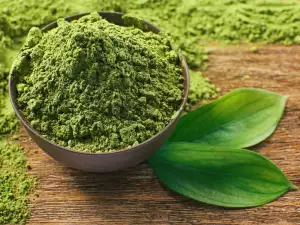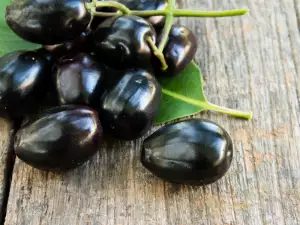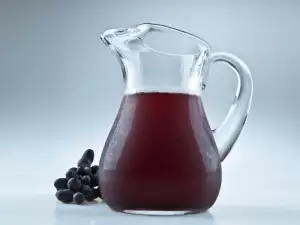Citric acid is a weak organic acid found in many fruit and vegetables. It is used as an additive and preservative in many foods.
Citric acid is a natural component of fruit and fruit juices. The most significant amounts are found in citrus fruit. It gives lemons and limes their characteristic sour taste. Lemon, like lime, contains the most citric acid. But other citrus fruit like oranges and grapefruits (and even some berries) also contain large amounts of it.
What are the health benefits of citric acid?
Citric acid can be used as a food additive and preservative and can be used to store vitamin C. It is used for preserving, freezing and drying foods.
The most important roles of citric acid is its involvement in the metabolism and this is one of the most important benefits. In fact, the citric acid cycle (also known as the Krebs cycle) is the metabolic pathway, by which food is broken down into water, carbon dioxide and energy.
Citric acid can also prevent or slow the formation of kidney stones. When citric acid is present in urine, it binds to calcium, breaks up small stones that may form and inhibits stone formation, by changing the pH.
Another benefit of citric acid is that it increases the body's absorption of certain minerals such as magnesium, calcium and zinc.
Which foods contain citric acid?

Citric acid is most commonly found primarily naturally in citrus fruit and citrus juices, but is present in smaller amounts in other fruit as well. Some foods, which naturally contain citric acid include:
- Lemons;
- Lyme;
- Grapefruit;
- Oranges;
- Pineapples;
- Cherries;
- Raspberries;
- Strawberries;
- Cranberries;
- Grapes;
- Tomatoes.
Citric acid is produced and used as a food additive. About 70% of the citric acid produced is used as a food additive, but it is also used in medicines and some cosmetic products.
Citric acid is used both as a natural flavor enhancer and as a preservative in various foods, such as jam and jellies and canned fruit and vegetables. It is also used in ice cream, fruit drinks, candy and carbonated drinks.
Citric acid helps regulate acidity, but also acts as an antioxidant. In canned food, it can also help protect against botulism, because of its low pH and acid profile.
Other uses of citric acid include its use in the manufacture of soaps and detergents, it is used in food colorings, paints, cosmetics and pharmaceuticals as a buffer, as an active ingredient in the manufacture of anti-viral handkerchiefs. Citric acid is used in the manufacturing and construction industries, as well as a stop bath as part of the photographic film development process.




















Comments